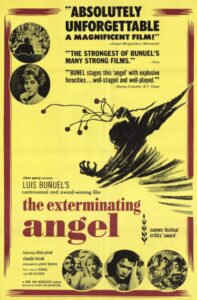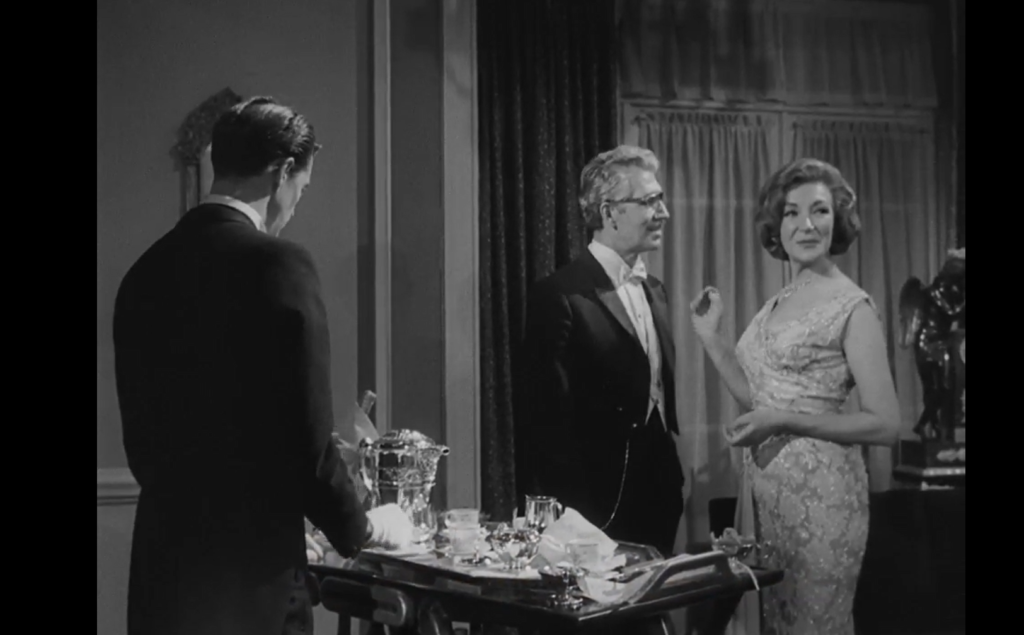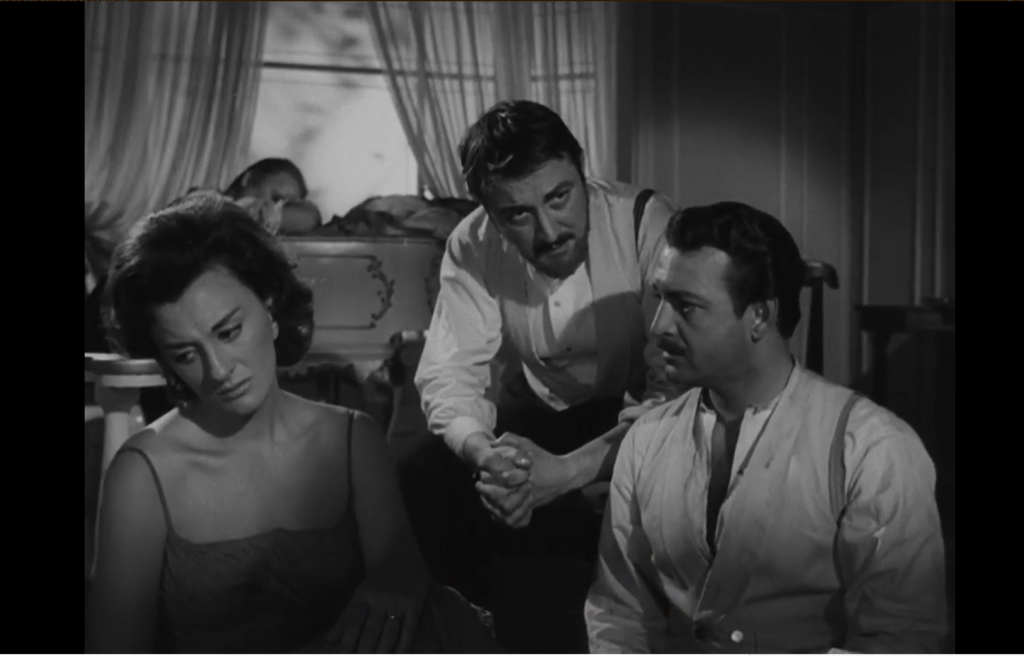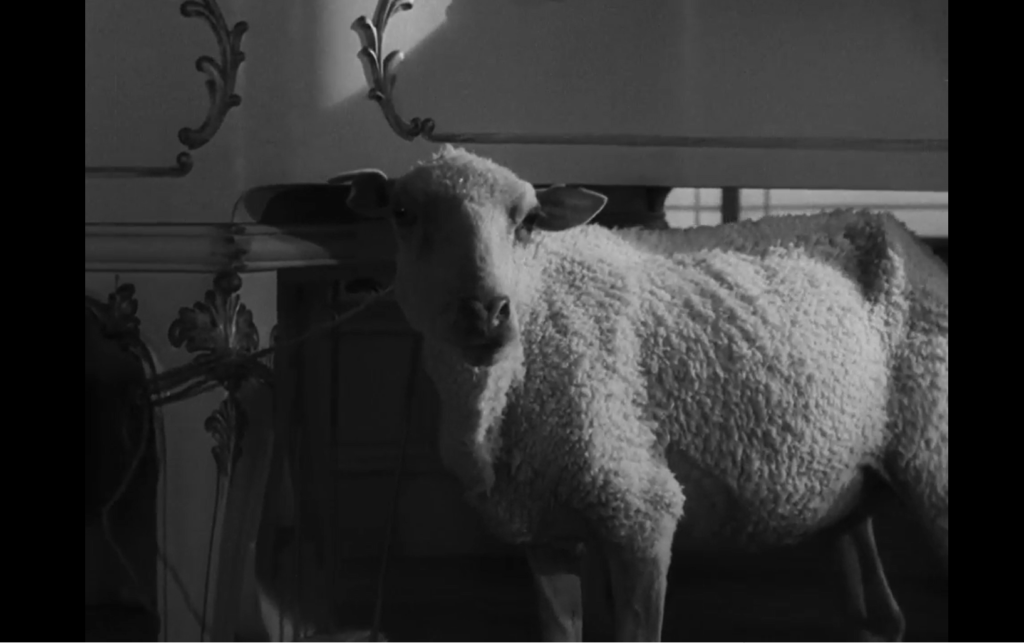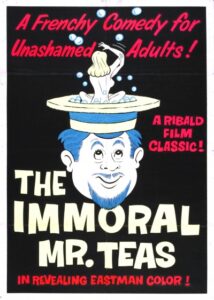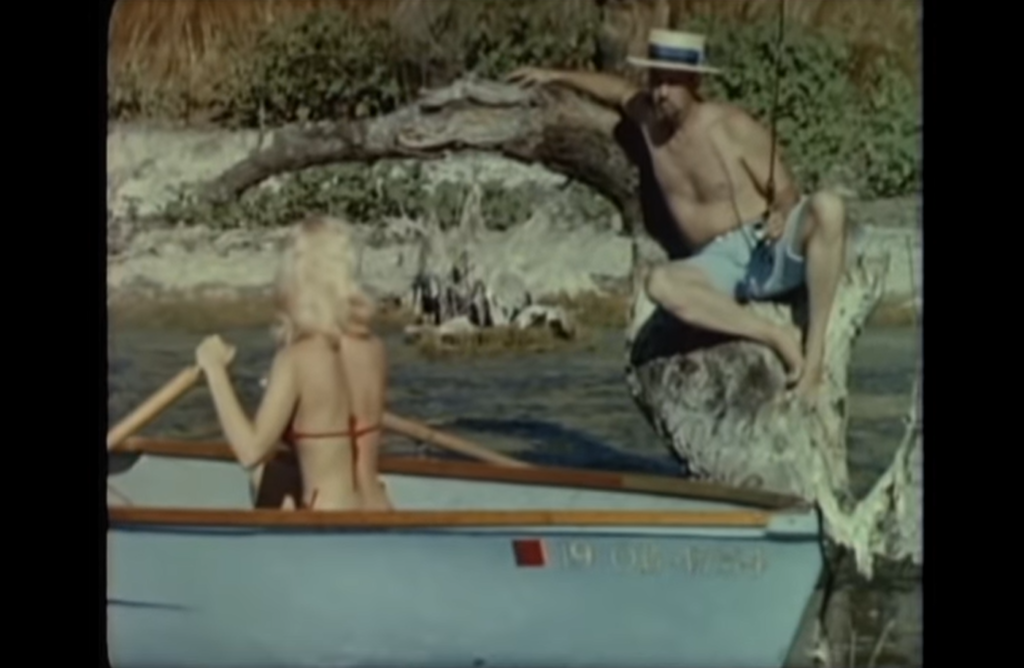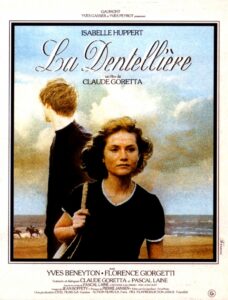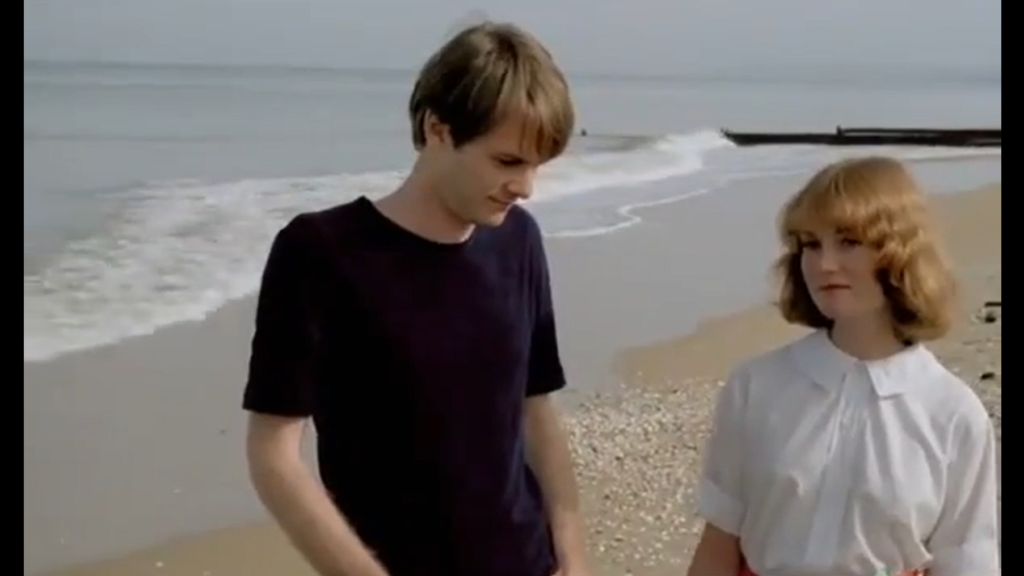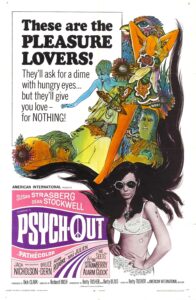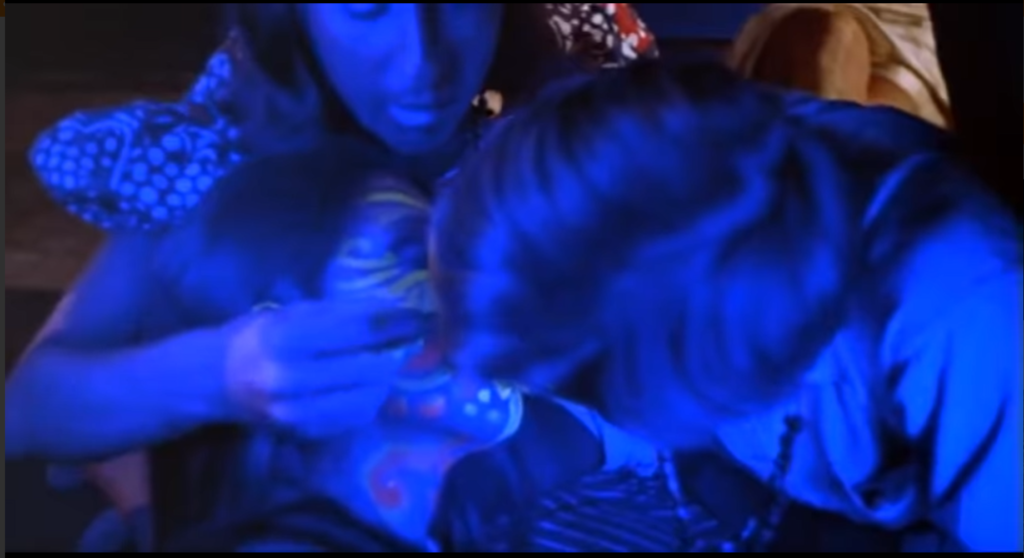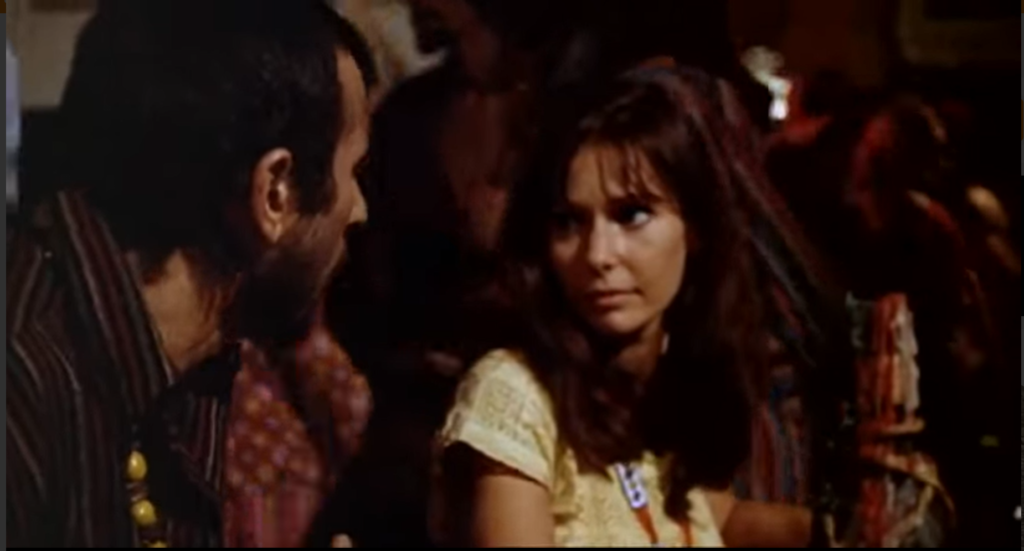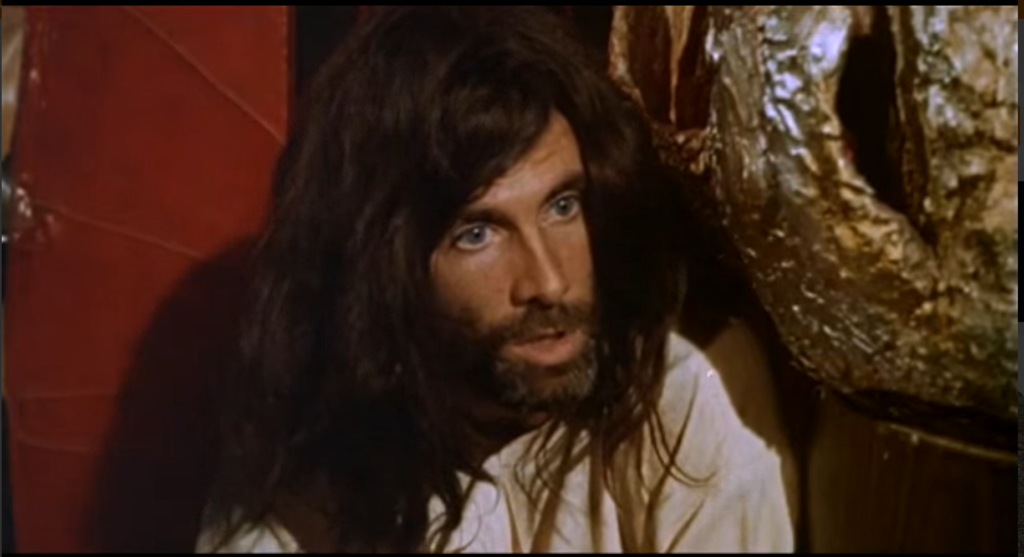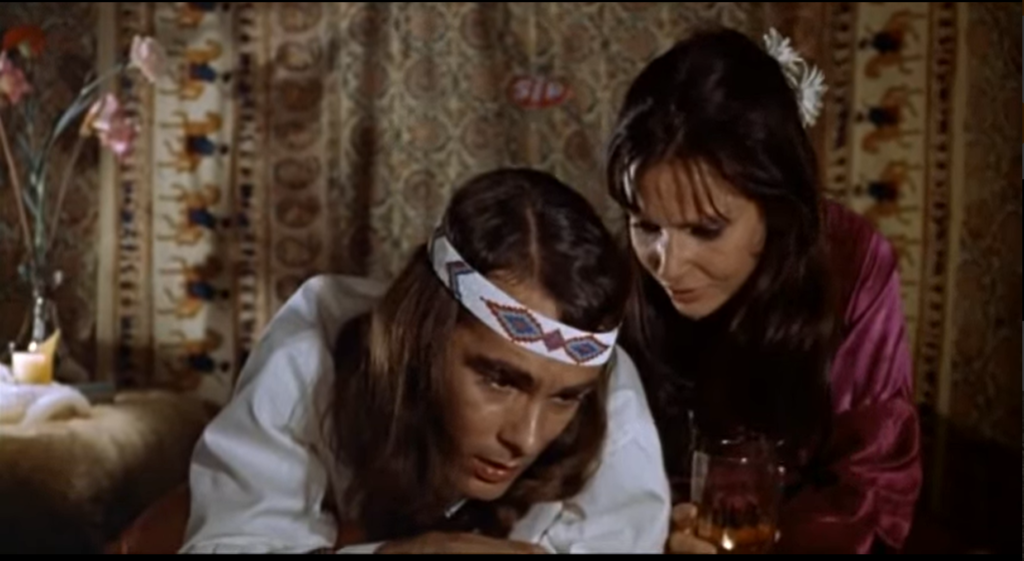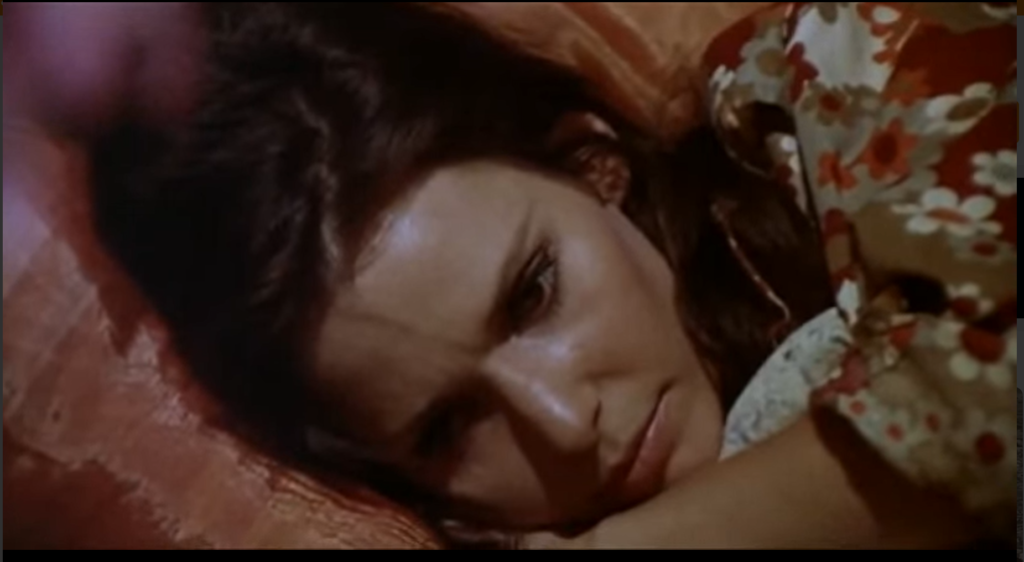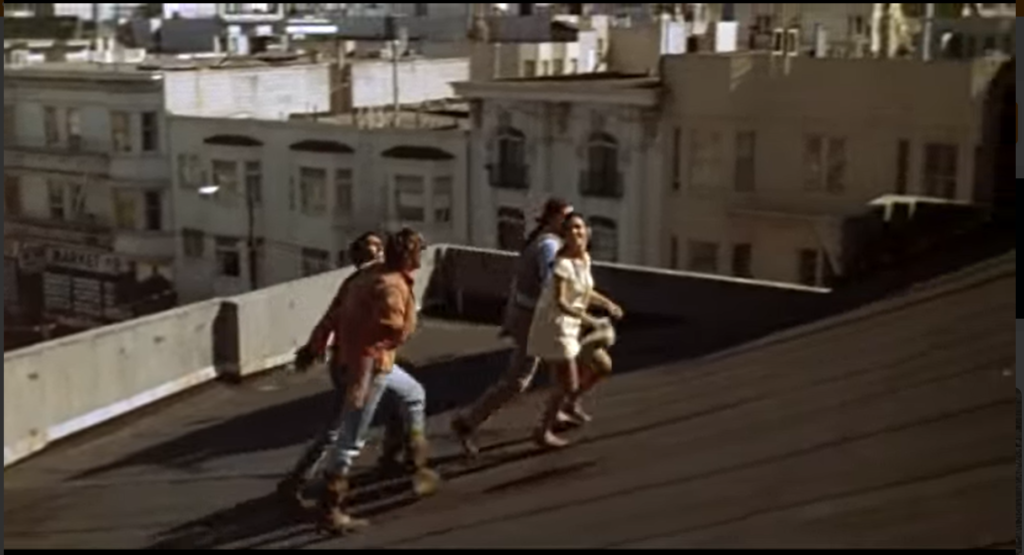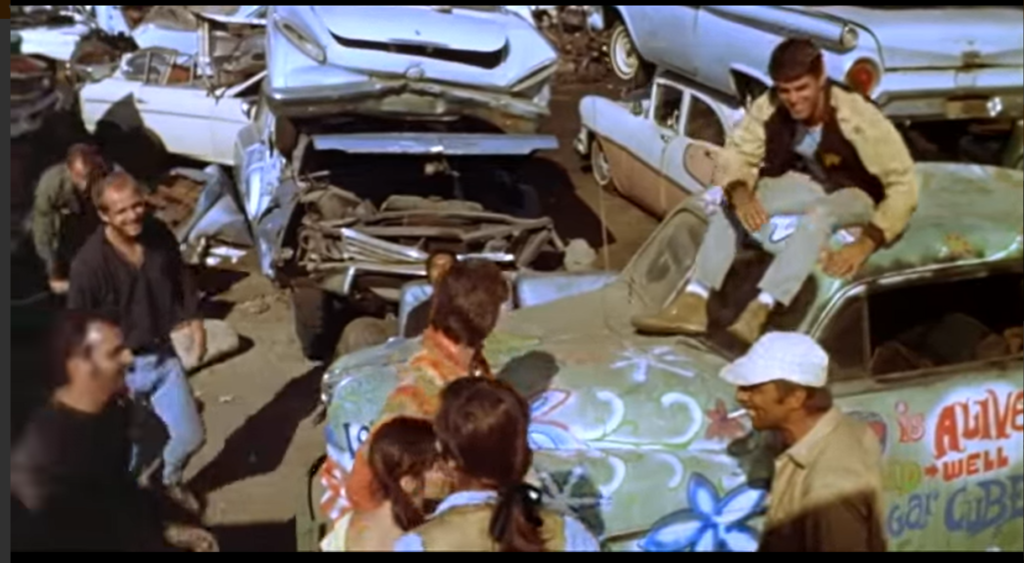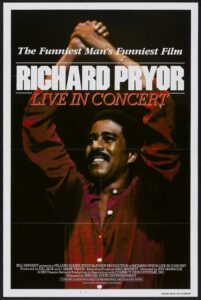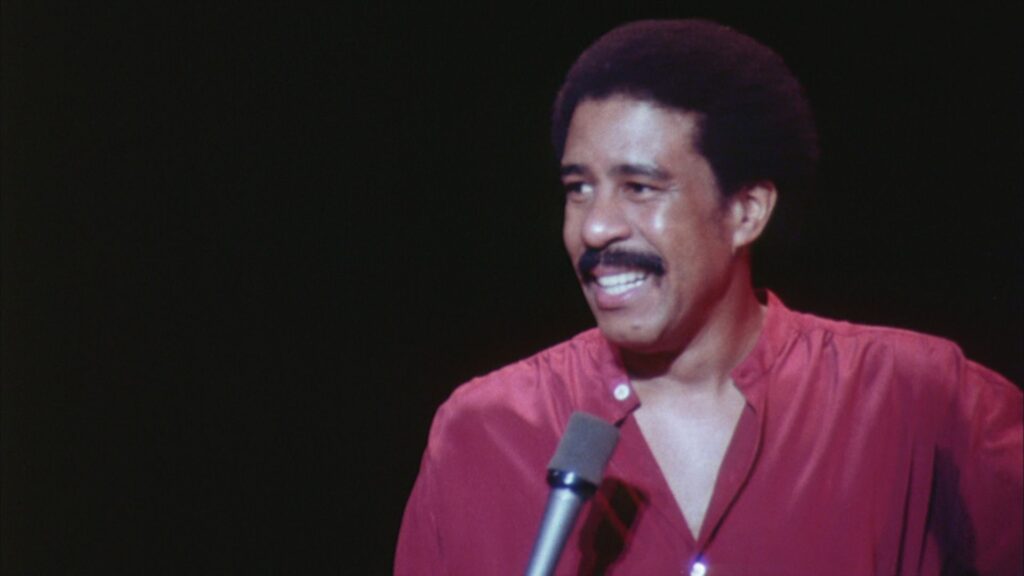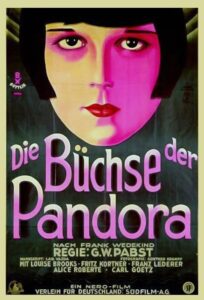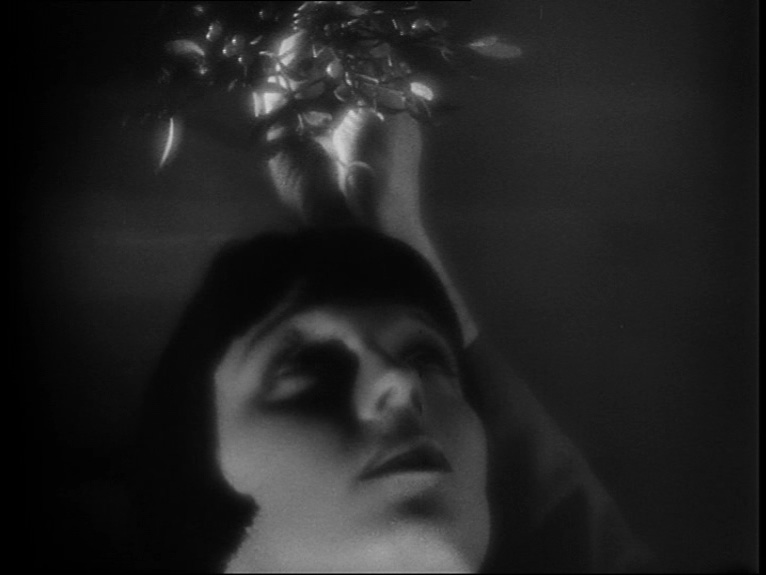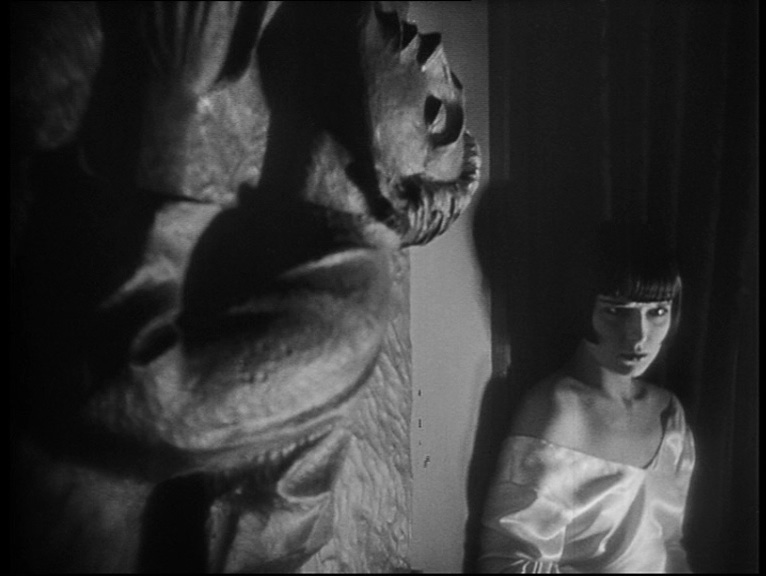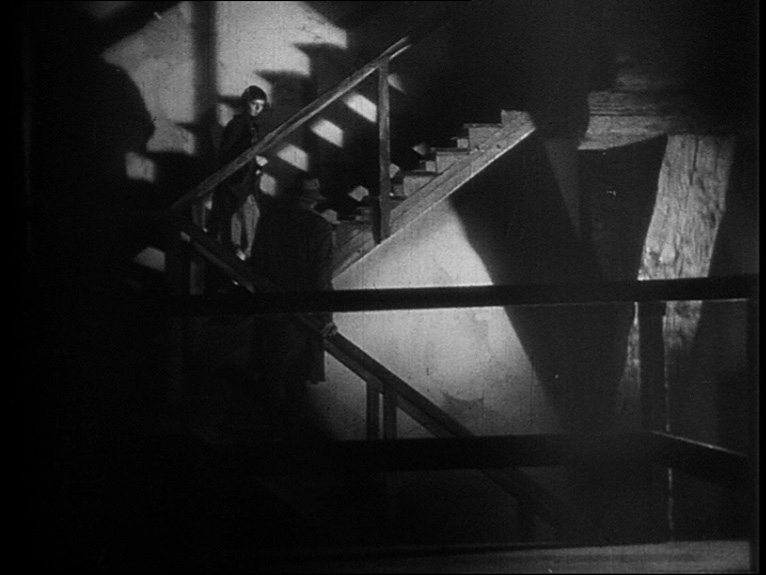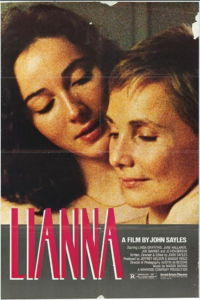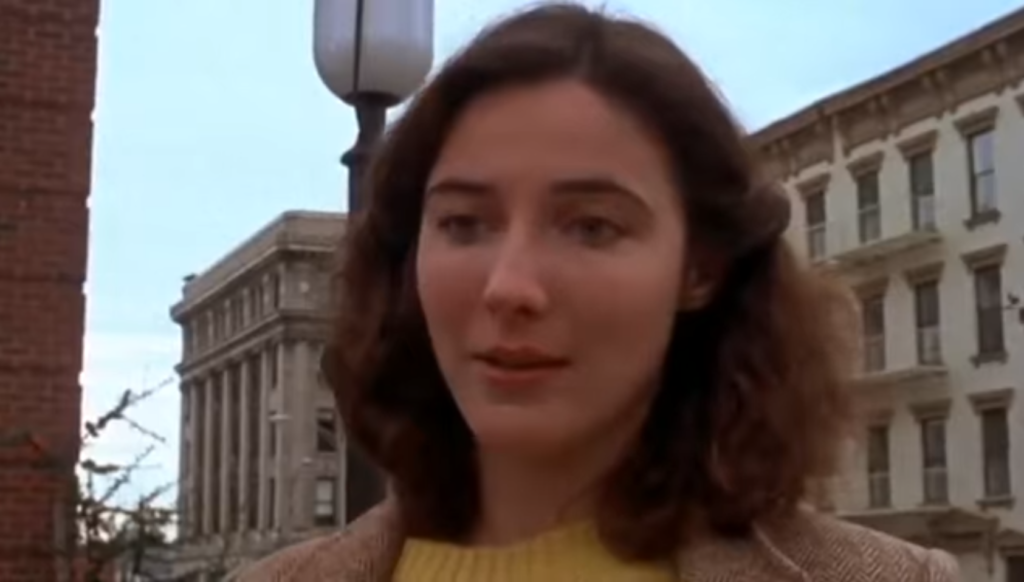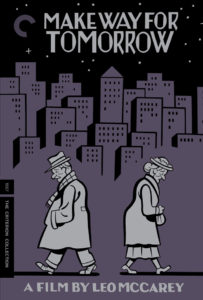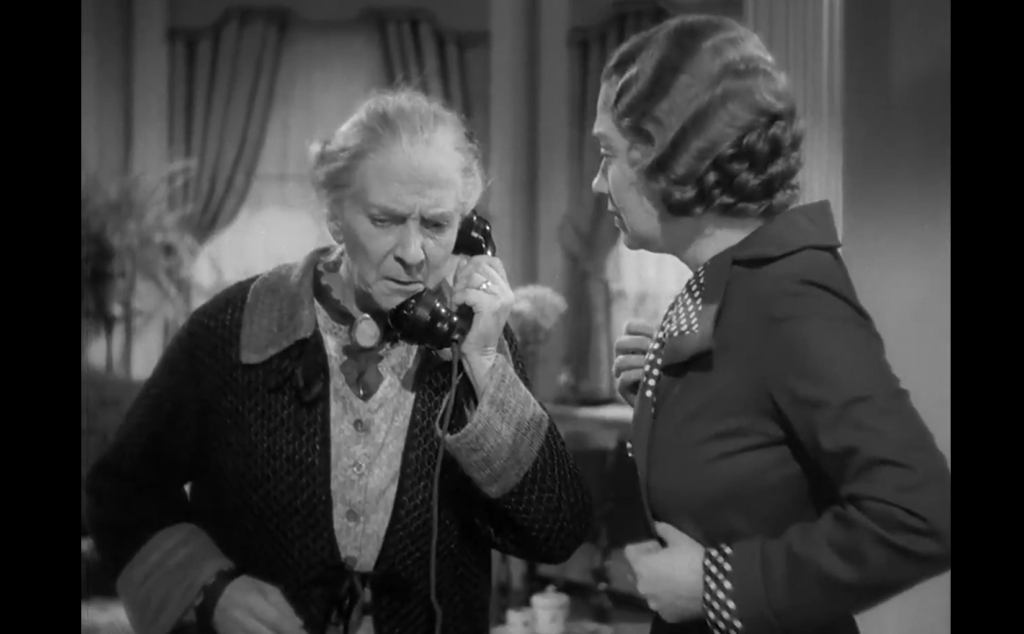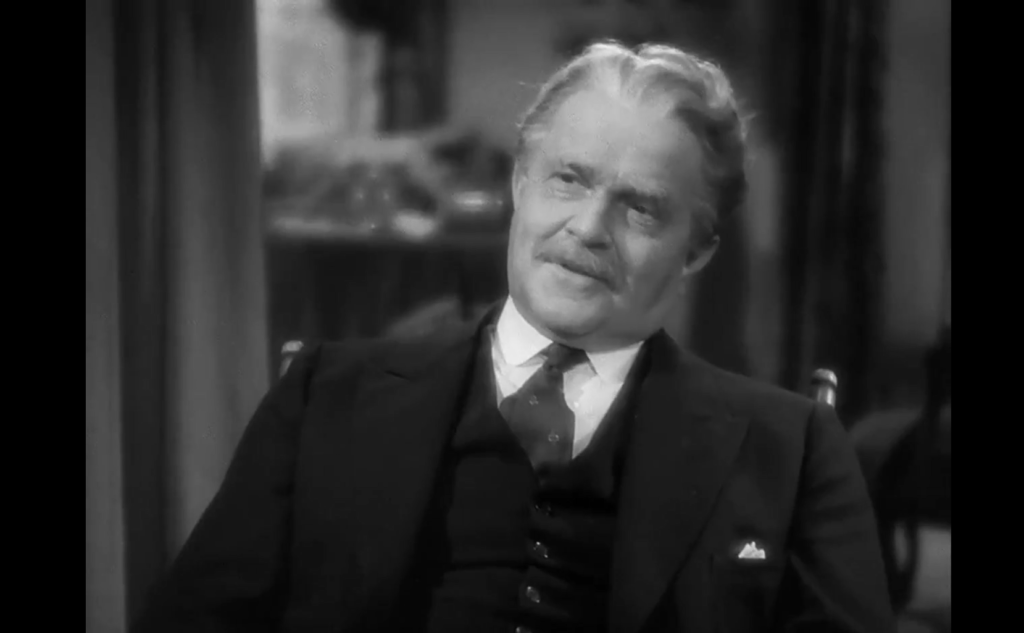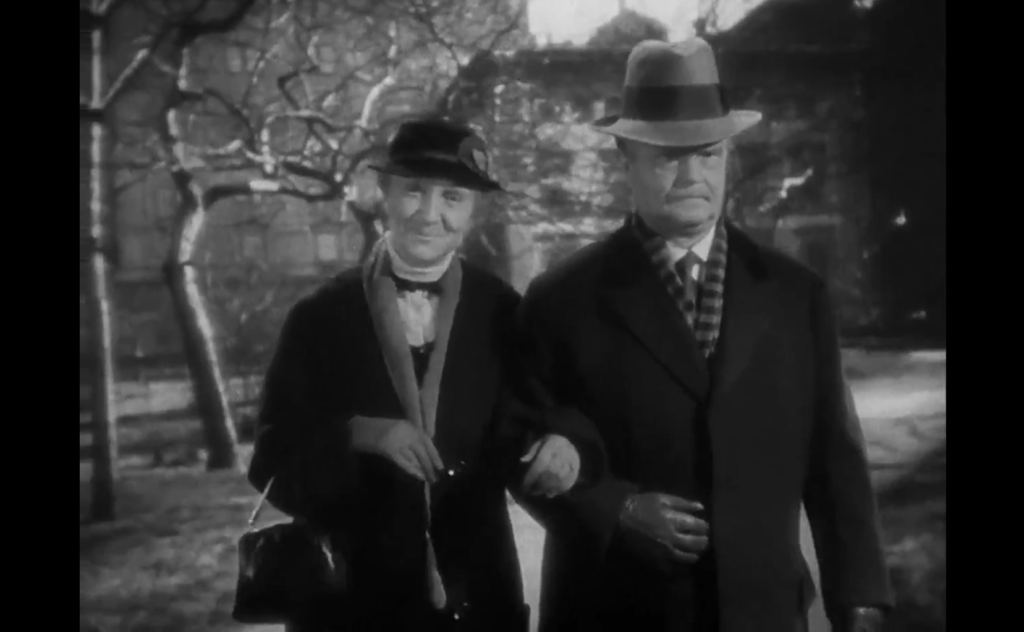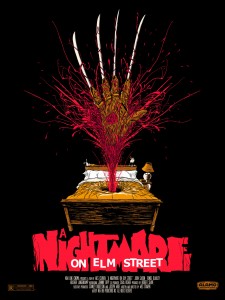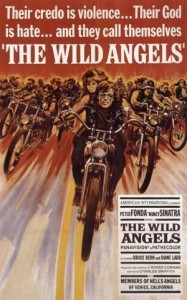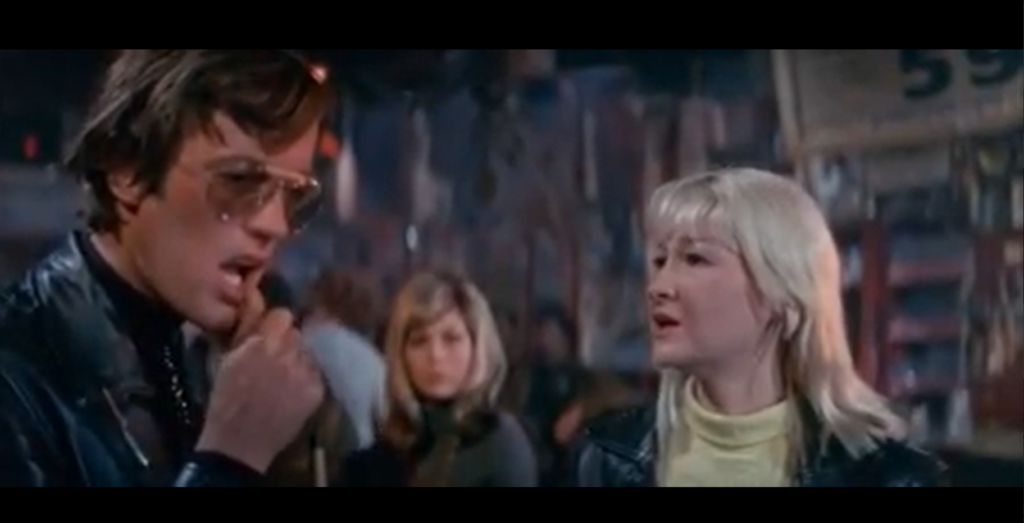|
Genres:
- Child Abuse
- Horror
- Living Nightmare
- Revenge
- Serial Killers
- Teenagers
- Wes Craven Films
Response to Peary’s Review:
As Peary notes, the premise of this “Wes Craven chiller” — that what happens while one is asleep can have a direct consequence on one’s existence — is “unusual and interesting”. However, he argues that its “execution is disappointing”, given that “‘Freddie’ (Robert Englund) is made up and dressed too foolishly to be taken seriously”:
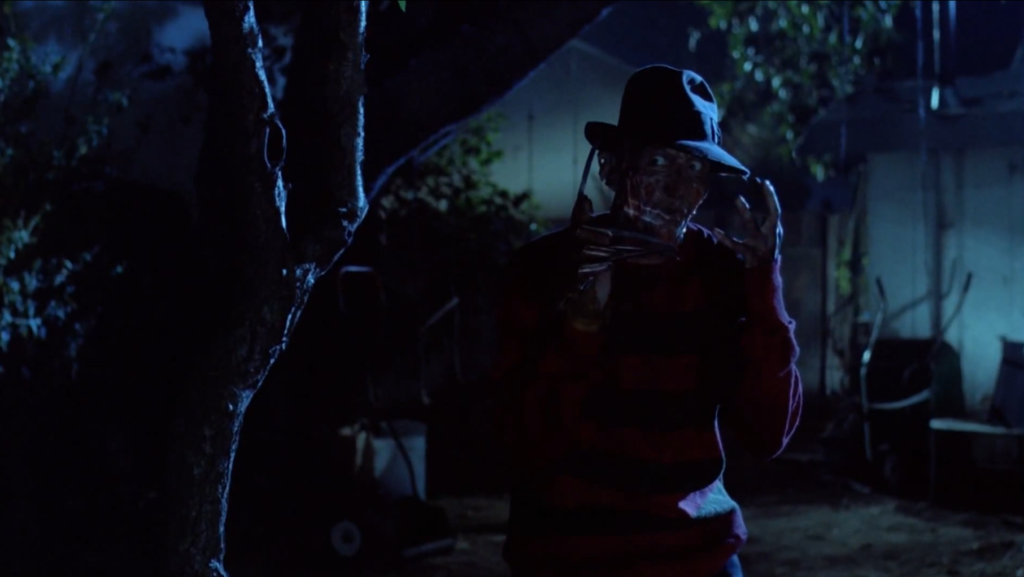
… “too many of the nightmares are similar in content”:
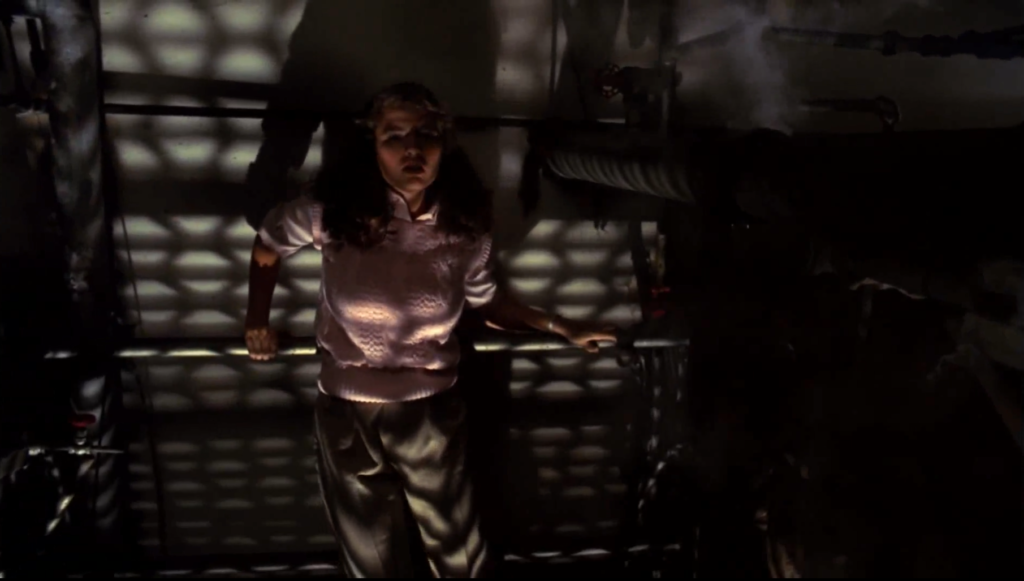
… and while “there are occasional shocks,” there’s “little suspense.” He further notes that “while the splatter murders are well done, you can’t really respect a film whose highlights feature blood spurting onto walls and ceilings”.

He calls the film’s ending “trite and infuriating in that it defies the film’s logic”, and notes that “worst of all”, the “teenagers and adults are [all] unappealing”. Nonetheless, in the years since Peary’s book was published, Nightmare… has gained an increasingly strong cult following, and remains must-see viewing for all film fanatics given its pivotal place in the slasher film genre.
Redeeming Qualities and Moments:
- Johnny Depp in an early role
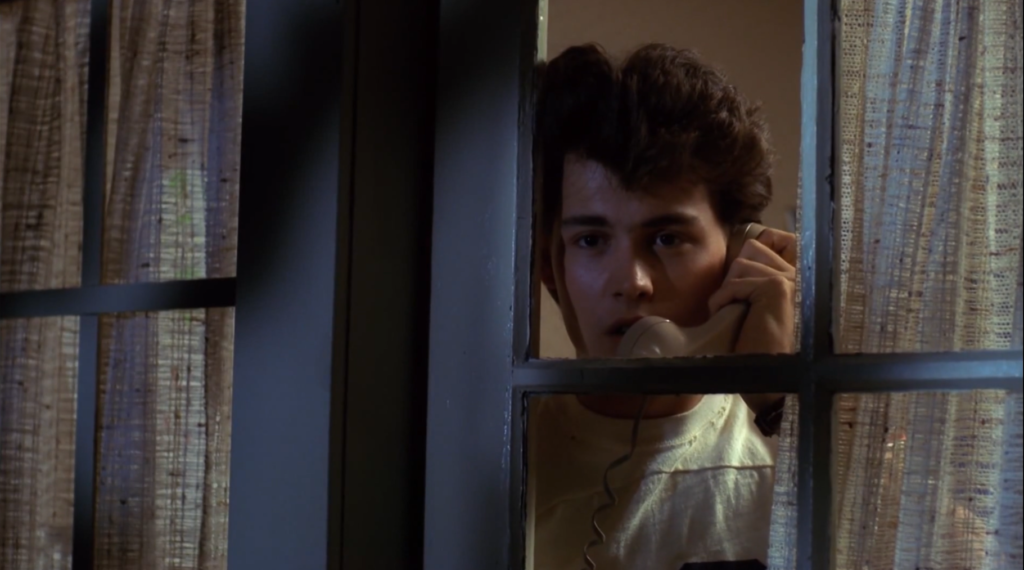
- A creative premise for a slasher flick
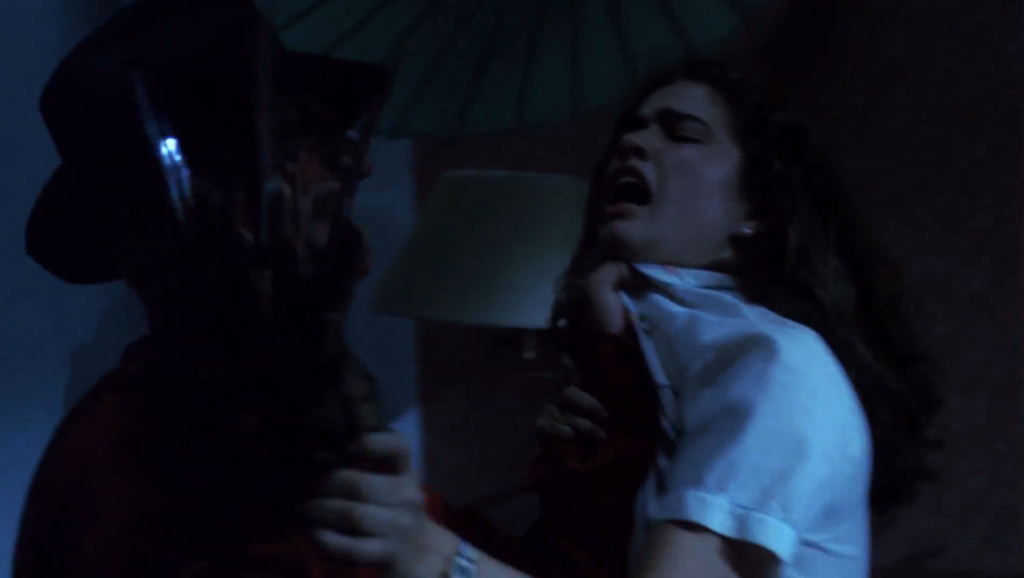
Must See?
Yes. This is one of a handful of horror films which should be seen by every film fanatic.
Categories
- Cult Movie
- Historically Relevant
(Listed in 1001 Movies You Must See Before You Die)
Links:
|
